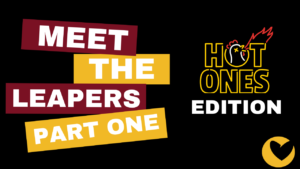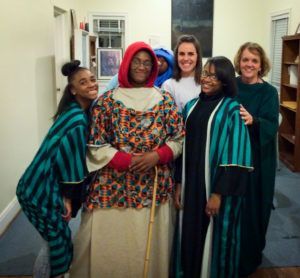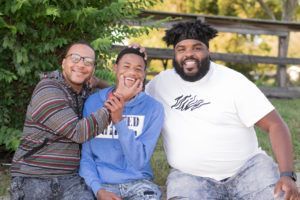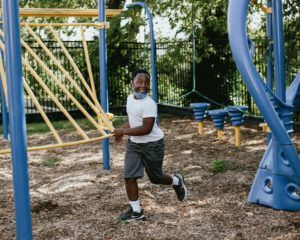Learning to be Intentional
“It was an accident!” is something I hear a lot when counseling children, second only to the phrase, “I don’t know.” When said enough, these kid-isms can frustrate and exhaust even the most patient parent. It’s hard for adults to believe these responses, and it’s tempting to play detective, immersing ourselves in the particulars of the issue, parsing out blame, or when we grow tired of this, to play judge and come down with draconian hardness on whichever kid was left holding the crayon (or marker). Yet, in doing so we are missing a valuable opportunity to teach children the skill of intentionality. If we set aside our well-founded suspicions that the culprit is trying to evade deserved discipline; could it be that the child really doesn’t see how his or her actions came about?
A big part of child development is learning how things are related, particularly causal relationships. You drop the ball, it bounces off the floor, and comes back to you. But Cognitive Behavioral Therapy (CBT) teaches us that causal relationships don’t stop at the physical; they extend to the mental, emotional and behavioral realms as well. Simply put, what we think affects what we feel affects how we act , and so on and vice versa. When children learn to recognize how their thoughts and feelings are related to their actions, they are practicing introspection, which reduces the likelihood of impulsive outbursts. The best part is that we can empower children with a sense of autonomy and responsibility, if we teach them that all of their thoughts, feelings, and actions are completely in their control.
If you’d like to help your child learn to be more intentional in their actions, this worksheet is great for reading-age kids, or just trace a triangle on a piece of paper and have the child draw the precipitating event (i.e. being asked to clean their room) in the middle, and what they thought, felt, and did about it at the three tips. Pro Tip : If this exercise is being used for behavior management, I like to start with what I call “The Hate Triangle,” and have them write or draw out the negative thoughts and negative feelings towards the circumstance, i.e. a friend cutting them in line, that led to bad behavior. Then, we work on “The Love Triangle,” and choose more positive thoughts and feelings, to see a way to act for the future.
RECENT ARTICLES
Contact
Location:
Hal and Martha Wilson Center
4014 Indiana Ave
Nashville, TN 37209
Mailing Address:
PO Box 90442
Nashville TN 37209
Stay Updated
Subscribe to our Email List
©2024 | All Rights Reserved | Preston Taylor Ministries
Website powered by Neon One












